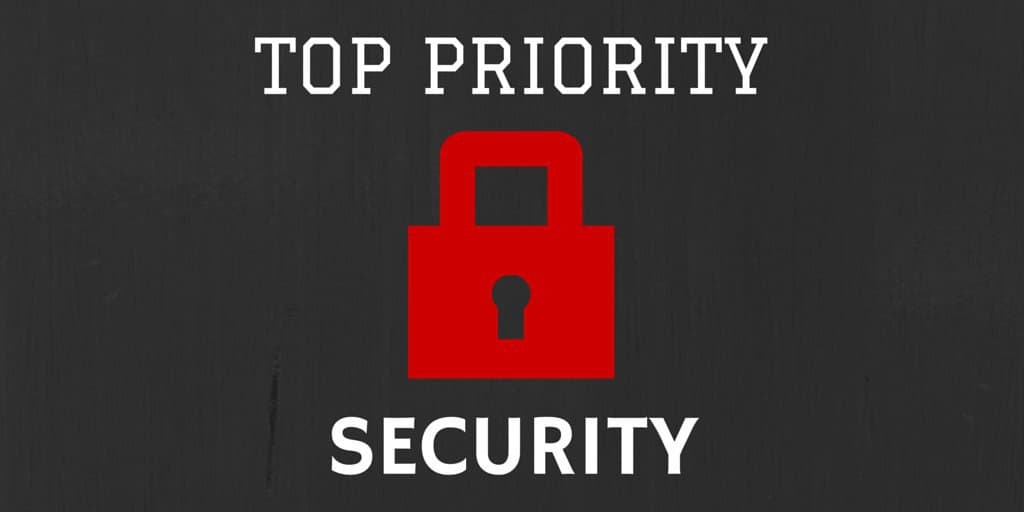After the coronavirus sent offices home, businesses experienced the benefits of working remotely from home and learned about the key privacy rules. Under quarantine conditions, the issue of cybersecurity has become a priority. Not so long ago, for example, the data of 500 thousand users of the Zoom remote conferencing service leaked to the network.
In order not to become a victim of Internet scammers and protect personal information online, you can use one of the most effective and popular mechanisms – a virtual private network (VPN).
Within the Internet connection, a secure information transfer channel is created through which a computer, laptop or phone communicates with the server. A VPN hides the user’s IP address so that their digital footprint remains a mystery to both the site they visit and the craftsmen who hunt for any sensitive information. At the same time, even the provider does not suspect what a person is doing on the network. The fact is that without a VPN, any device can easily be attacked.
Data safety should be top priority
Simpliest example is public Wi-Fi networks in cafes or parks. By connecting a phone to them, a person has every chance of falling into the clutches of cybercriminals. To understand the importance of encryption in such situations, it is worth simply remembering what is stored on phones. It’s not so much about music, personal correspondence or photos, but about passwords to social networks and bank cards.
Security, by the way, is not the only function of a virtual private network. There is a huge amount of resources to which people from around the globe do not yet have access. In the same Youtube, there are many videos that only residents of certain regions can watch. Another example is the American company The Criterion Collection, which distributes classic movies, has a streaming service that operates only in the United States or Canada. VPN easily removes geographic restrictions, allowing people to access exclusive content.

Not the last role is played by the ability to bypass blocking. Let’s suppose that fate has thrown the some person to Taliban, where Facebook and Twitter are not available. How to get worldwide news in social and political discussions. Or another question – how to follow your favorite video blogger while on vacation in Turkey, where YouTube is not available to ordinary users? With a real threat of censorship on the Internet, a VPN can simply help you deal with it.
But, when choosing a virtual network service, you need to consider several important nuances. The Internet is full of free options, although, firstly, they sometimes limit the connection speed, and secondly, they cannot always provide full protection. Of the paid ones, you can pay attention to NordVPN, PrivateVPN or Surfshark. The latter, for example, offers a free cybersecurity demo, while a full subscription costs less than $2 per month.
Recall that 75% of specialists in the field of information technology and information security fear the growth of cyber attacks and exploits due to the easing of the self-isolation regime.

